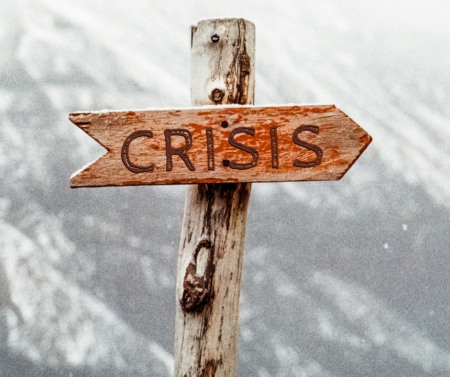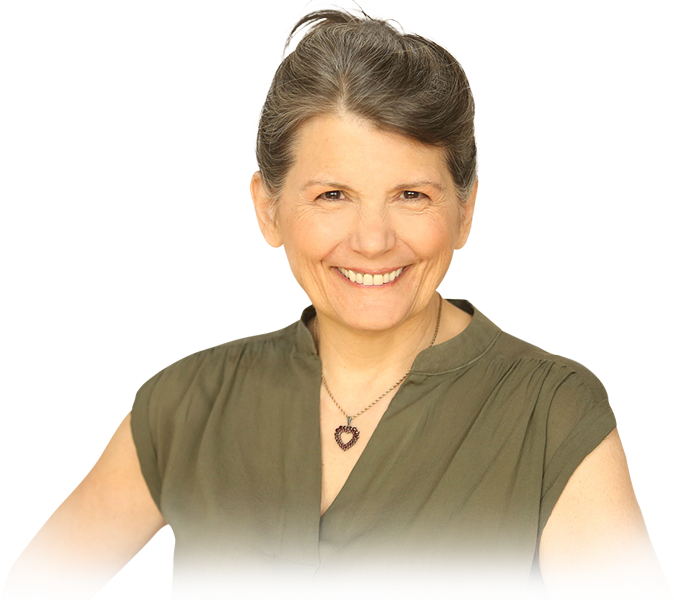One of the most thought-provoking questions I was ever asked by a business mentor was “What kind of relationship do you have with your business?”
 Suddenly I realized that I had never considered my practice as an entity outside myself, let alone one with which I had a relationship.
Suddenly I realized that I had never considered my practice as an entity outside myself, let alone one with which I had a relationship.
I loved working with clients, and everything else only got done in crisis mode.
Schedules, fliers, finding space for workshops, meeting new people, bookkeeping, paying my taxes—everything got done in “crisis mode.”
There was no fun anywhere outside of my 1:1 work with actual clients… and even that was stressful until they had been coming long enough for me to know I could count on them as long-term clients.
Don’t get me wrong—
I’m willing to work hard, but I’m not willing to hate it!
I want to have fun—even while I’m “working.”
I learned it at a young age
When I thought about it, I realized a lot of my relationship to my practice came from what I learned growing up in a “family business.” Not only did my parents own a restaurant, we lived upstairs from it! When the “All hands on deck!” call came up those steps, we all dropped what we were doing and “went to work.”
In some ways, it was great preparation for being self-employed. In other ways, it was terrible.
The model I learned didn’t include a whole lot of fun related to the reason we were working in the first place. And it left no room at all for who I was as a person, or how I could develop my natural abilities to have a life I would love.
Can you relate?
Remember when you were a kid, and one of your parents asked, “What are you doing?”—and do you remember the importance of giving the right answer?
On the surface, it sounds like an innocent question, but almost all kids learn pretty early on that an answer like “I’m doing homework” means you get left alone, whereas, “I’m playing a game,” or even “I’m reading a book” can lead to immediate curtailment of pleasure and the assignment of some kind of job you don’t want to do.
Living so close to my parents’ business, there was never a shortage of jobs I didn’t want to do. I learned how to be “acceptably busy” as often as possible.
My folks created great success, and I determined early on that I was never going to work that hard. In fact, that was one of the reasons I became a Feldenkrais® practitioner in the first place—not only was it more interesting, but I was sure it would be less work!
What none of us understood at the time was that my parents were living in their strengths: my mom couldn’t have dealt with customers, and my dad would have made a total mess of the bookkeeping. It wasn’t just that they had skills in certain areas—they had natural talents that made it possible to exercise those skills in the most effective way. Without that, the hard work would have been useless.
They also loved what they were doing, just as I loved being a practitioner. In the end, I’m sure I worked as hard as they did—partly because I loved what I was doing with clients, and partly because the rest of the time, I didn’t know what I was doing—so for many years, I was engaged in overcoming weaknesses.
I still hear my mom’s voice
She’s with me in lots of ways I love, but I’ve had to stop listening to her tell me that success comes only with relentless work.
My parents never understood that my strengths were different from theirs and because they didn’t think they were useful, my natural gifts were treated as weaknesses to overcome… with relentless work.
But here’s the thing—relentless work is the only choice when you don’t know which work you actually need to do to build the practice you want to have, and you don’t know how to do it in the natural way you already have available to you.
That’s why in the beginning, what I was doing felt a lot like a flaming Crisis Clinic going over a waterfall. Being in crisis mode all the time—feeling like I’m going to lose everything if I don’t work all the time, never being able to have fun with being guilty about it—these definitely were not healthy ways for me to be successful.
It’s not about being “busy” all the time and then being in crisis mode when it comes down to the wire. It’s about knowing what I need to do to build my business and using my strengths to do it.
It’s like most alternative practices
We’re always perfecting things with our work, especially movement. One of the characteristics of skilled movement is that it’s “elegant”—refined and simple. What differentiates the novice from the expert is that the novice is trying to figure out what to put into any given movement, whereas the expert knows exactly what to leave out!
That’s exactly how it was with growing my practice. In the beginning, I didn’t know what the essentials were, so I did all the parts that didn’t work because they were familiar to me and I wasn’t aware of options.
And of course, being human, when they didn’t produce the results I wanted, I did them harder and harder.
Less work = more success
When my work is focused on what’s important, there’s less of it.
When I’m supported by my strengths, I have more to give my clients and more to give my family.
My relationship to my business is much easier and happier.
It isn’t about overcoming weakness
Like most people, I used to spend a good chunk of my life trying to overcome my weaknesses, because I figured they were what was stopping me from getting what I wanted. When I uncovered my natural strengths and learned how to expand them, I was able to step into a completely different space where my strengths actually support me in every aspect of my business.
One of the surprising things is that strengths are not the skills we work so hard to achieve, and are not necessarily the things we think we’re good at. Our strengths are available to us at birth, and only need to be nurtured in order to blossom. That’s not hard at all!
Being supported by my strengths feels like being in partnership with someone who lives in abundance, knows how to find the clients who are perfect for me, celebrates my successes and gently reminds me that I have unique gifts that people are waiting for. It’s like being constantly reminded that who I am is exactly who my ideal clients are looking for, so I don’t have to become someone I don’t like in order to be successful.
Experience it yourself
It’s never been easier or quicker to get an idea of the strengths you have, by taking a free version of the assessment I use with my clients. I call it my “secret weapon” because it cuts out a lot of guesswork when we use it to focus your skill-building so that you can get a practice you love and still feel like yourself.
It takes about 10 minutes to complete the questions. Your results will be sent to your email, and you’ll get an idea of some of the characteristics you have, that you may never have associated with success!
After you get your results, I’ll be in touch to help you go deeper.
Your relationship to your business is as important to your clients as your ability to touch them with your experience and skill!
Click here to take the Perceptual Style Introduction now!
~~~~~
Subscribe so you don’t miss chance to think outside the box…

